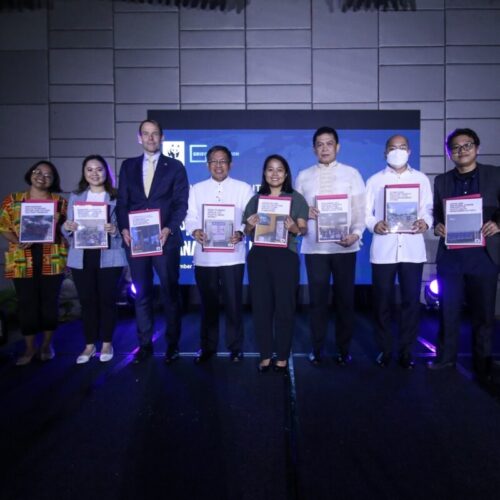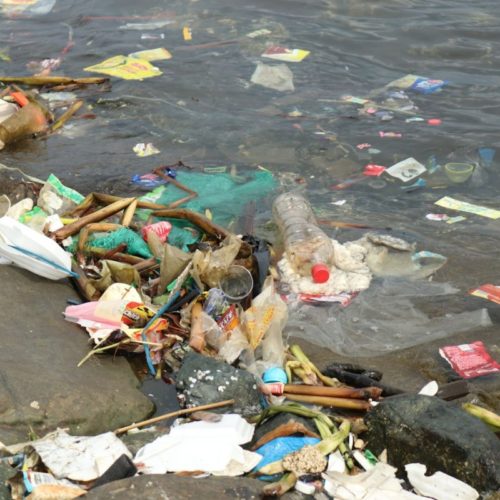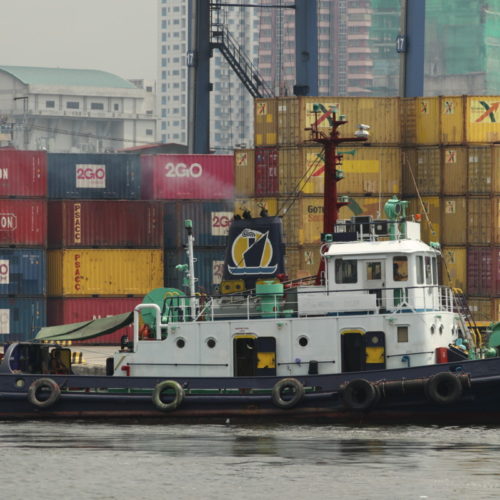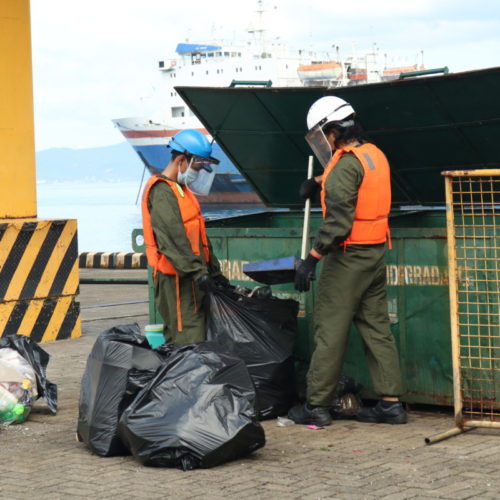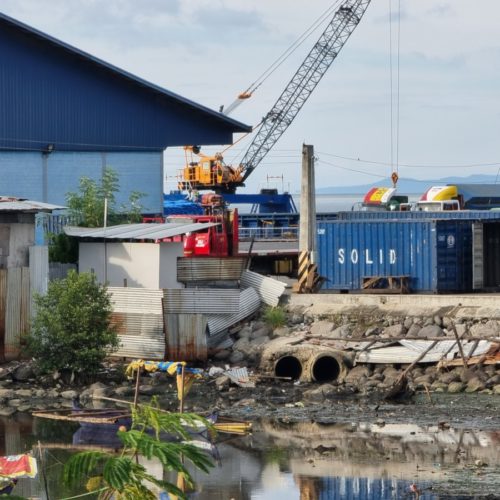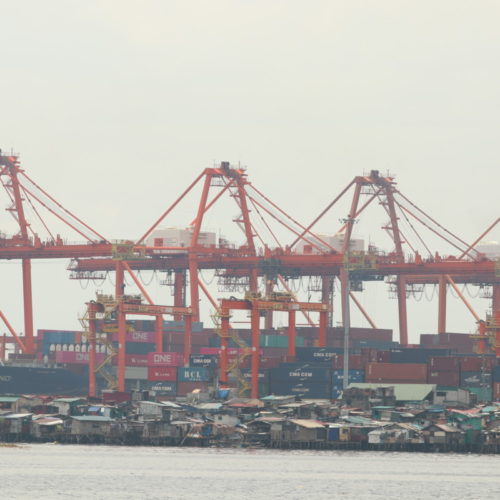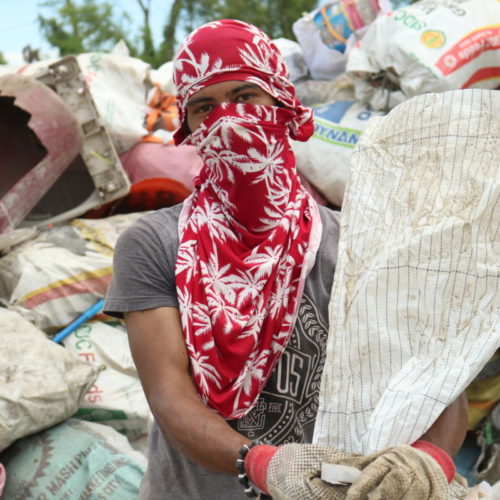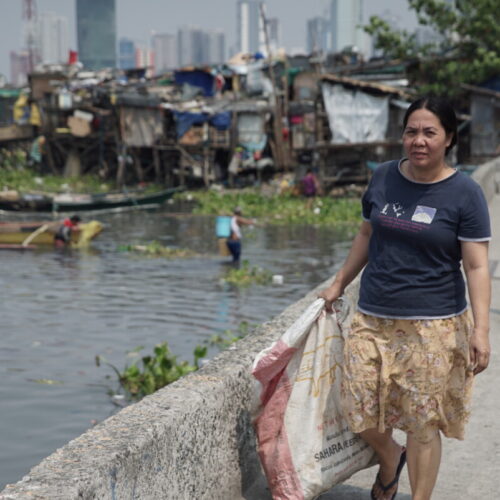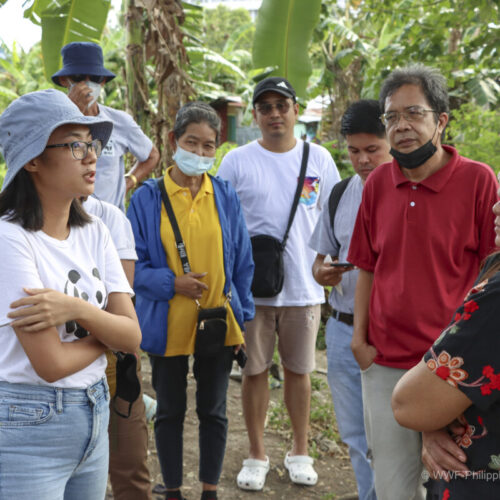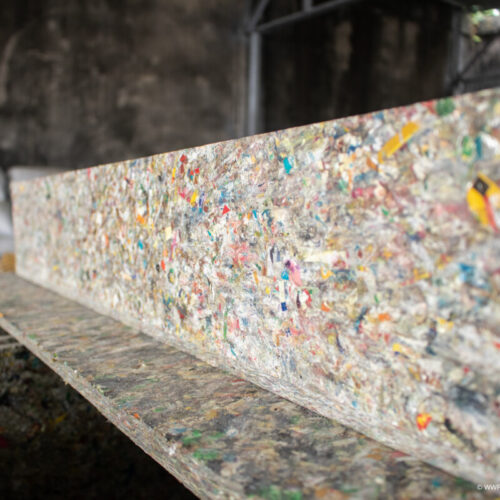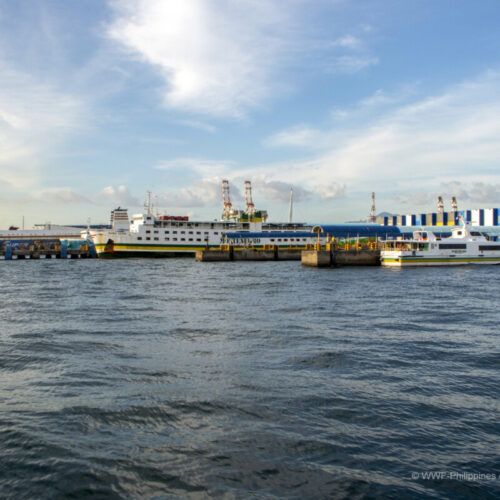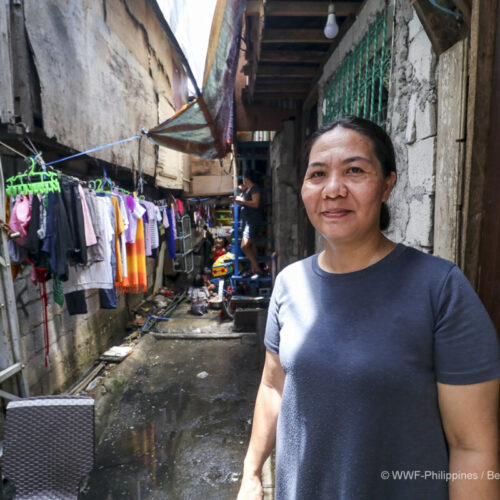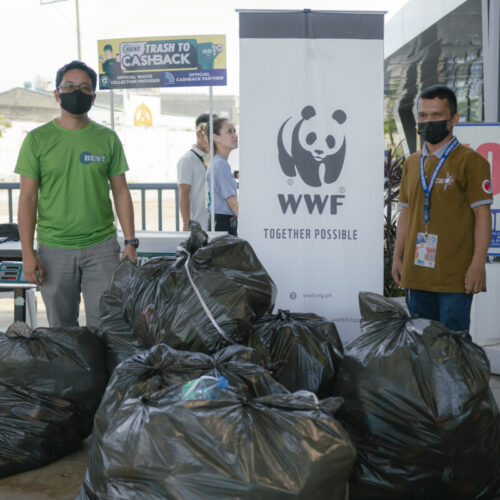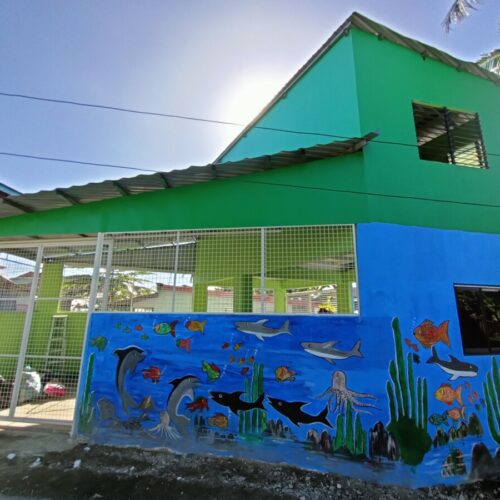Plastic pollution is one of the fastest-growing global environmental problems. It has severe impacts on species and ecosystems, as well as increasing public health and development impacts.¹ Vulnerable communities are also disproportionately affected by environmental degradation caused by plastic pollution from production to waste.²
It is generally assumed that, at the global level, the majority of plastic waste entering the oceans comes from land-based sources, with an estimate of 80%, and that therefore 20% come from sea-based activities. But while research has tried to estimate global inputs of plastic waste into the oceans from land, there is less data regarding the inputs of marine litter from sea-based sources.³
The marine industry is increasingly taking action to tackle plastic pollution and ports that are working at the interface between land and water have a major role to play to reduce the amount of plastic leaking into the marine environment.
In 2020, the World Wide Fund for Nature (WWF) started a three-year project entitled ‘Clean Ports, Clean Oceans: Improving Port Waste Management in the Philippines’ funded by the Grieg Foundation. The project focuses on three ports in the Philippines, namely the Manila North Port, Port of Batangas, and Port of Cagayan de Oro. The project will work to achieve the following objectives:
- Achieve 50% plastic waste leakage reduction in the three aforementioned Philippine ports;
- Provide input to the Philippines’ National Plan of Action on Marine Litter to highlight the importance of the port industry in addressing plastic pollution; and
- Document the port waste management solutions to enable scaling up in other Philippine and global ports.
In this project, WWF-Philippines works with government agencies, port authorities, local government units, communities, and organizations to implement solutions and interventions to achieve the goals of the project.
Sources:
¹ Center for International Environmental Law, "Plastic & Health: The Hidden Costs of a Plastic Planet," 2019; N. J. Beaumont, M. Aanesen, M. C. Austen, T. Börger, J. R. Clark, M. Cole, T. Hooper, P. K. Lindeque, C. Pascoe and K. J. Wyles, "Global ecological, social and economic impacts of marine plastic," ScienceDirect, 2019; The Pew Charitable Trust, SYSTEMIQ, "Breaking the Plastic Wave," Science, 2020
² United Nations Environment Programme, "Neglected: Environmental Justice Impacts of Marine Litter and Plastic Pollution," Nairobi, 2021
³ Food and Agriculture Organization, Committee on Fisheries, Sea-based sources of marine litter – A review of current knowledge and assessment of data gaps, Second Interim Report of GESAMP Working Group 43, 4 June 2020
Supported by:

For more information, please contact Project Manager Czarina Constantino-Panopio at cconstantino@wwf.org.ph
PROJECT UPDATES
Three major Philippine ports achieve 50% reduction of plastic waste leakage
Plastic pollution reaching Philippine waters equivalent to 14 Titanics. WWF’s three-year project with Grieg foundation, a Norwegian foundation, aims to reduce the waste by 50%
Solutions for reducing plastic pollution in Philippine ports
IMPACT STORIES
Hapsay Sapa: Protecting Waterways, Saving Communities
Eco-Patrols: Community Champions of Barangay 20
Organizing Waste Workers: The Case of San Jose Sico Multi-purpose Cooperative
May pera sa basura
Uniting Against Plastic: Community Action in the Philippines
Turning Trash into Treasure: The Impact of Upcycling and Recycling Plastic Waste
From research to action: How the Port of Batangas in the Philippines walks the talk to tackle plastic pollution
Pioneering change in the plastic crisis: Gerlie's journey
Recycling for Change
PUBLICATIONS (CLICK TO DOWNLOAD)
- Compendium of Case Studies and Learning in Addressing Plastic Pollution in the Philippine Maritime Industry
- Baselining on Plastic Waste Generation and Management in Ports as Foundation for Piloting Solutions
- How to make single-use plastic bans work?
- Development of a Strategic Approach for the Maritime Industry to Address Marine Plastic Litter
- Social and Behavioural Change for Effective Plastic Waste Management in Ports
- Establishing Recycling Markets for a Full Solid Waste Management System
- Incentives for Plastic Collection and Recycling in Ports and Communities
- Empowering Waste Workers within and outside the Port Premises
- Positive Attitude starts at Maritime School!
